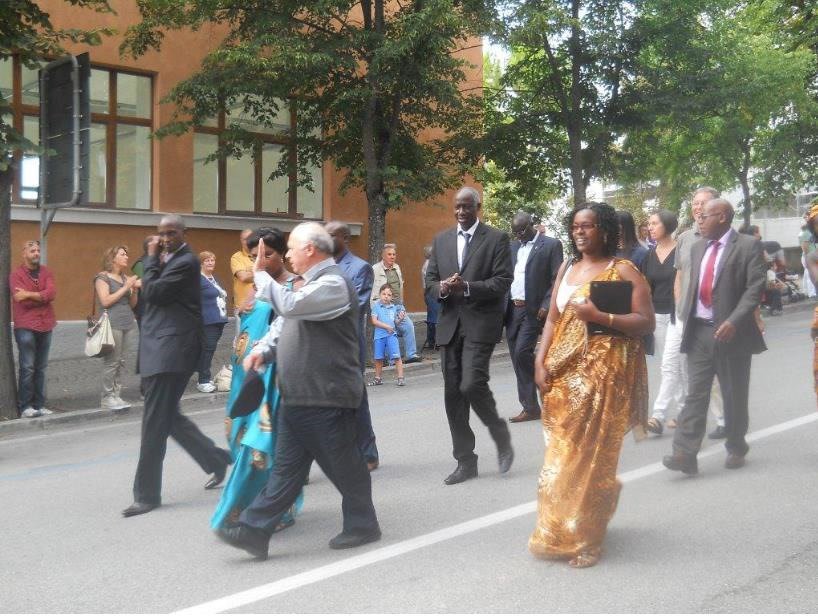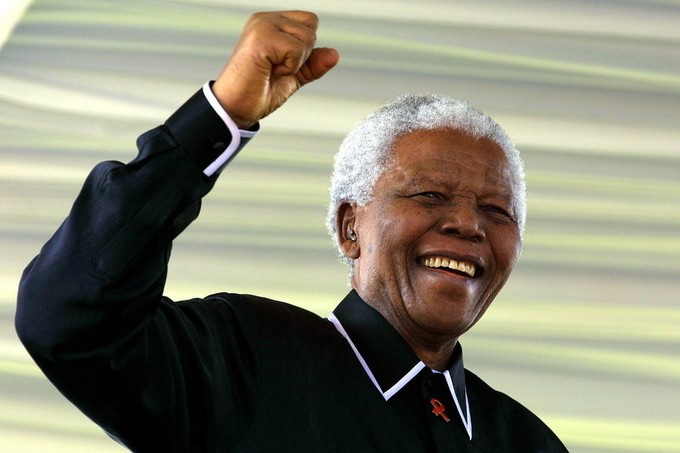
Nelson Mandela International Day
From Prisoner to President: Hero of Reconciliation
We celebrate him on the day of his birth as a hero who embodied the meaning of the most authentic and passionate struggle in defence of human rights and for equality between races.
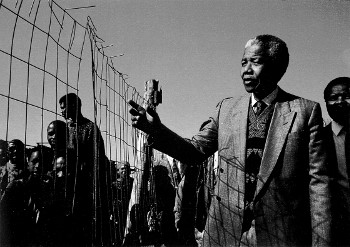
The first black president of the Republic of South Africa, Nobel Peace Prize winner in 1993, Mandela was a leader, guerrilla fighter and activist against the regime in his country, first by practising non-violent disobedience, then by advocating armed struggle against the apartheid regime, set up after the war by white ethnic South Africans and based on the policy of racial segregation: the black population was systematically denied all political, social and civil rights.
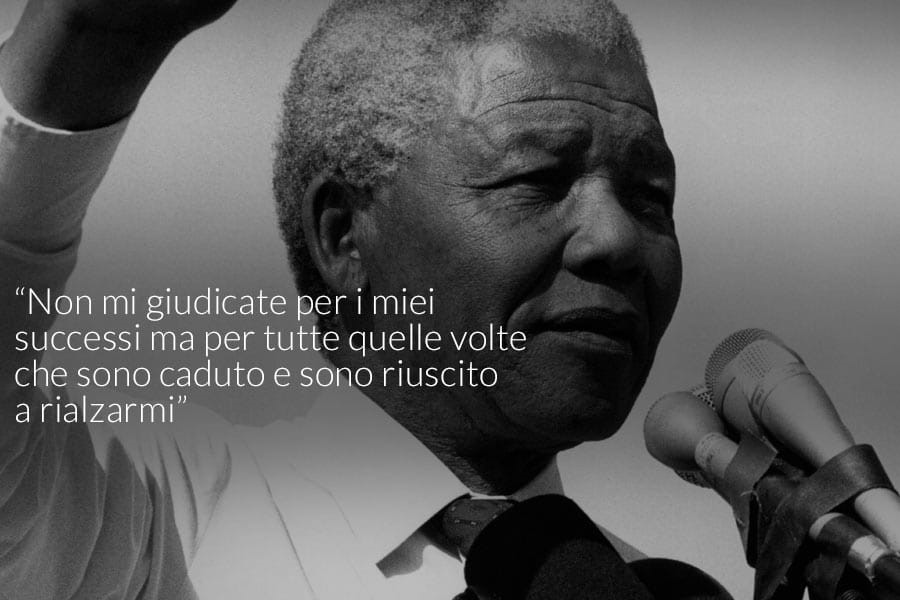
(Don’t judge me for my achievements but for all those times I fell down and managed to get back up)
His struggle against the shame of Apartheid, a struggle for liberation, justice and pride of identity, cost him his freedom: long years of imprisonment, first as a very young man and then in his maturity, from the age of 47, locked in a cramped cell, so small that he could not lie down completely.
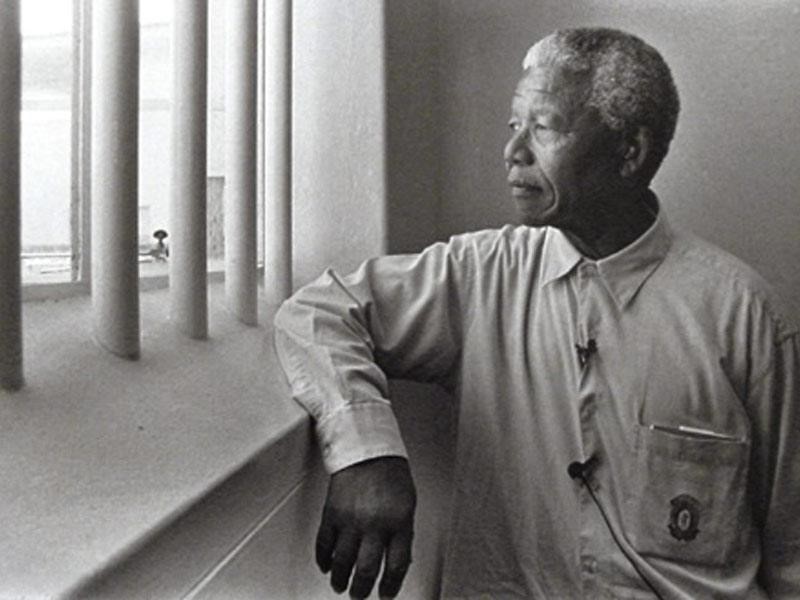
A small window with bars and a wooden door covered by a metal grating were the two thresholds that separated him from the world, which he would not cross before he turned 72 on 11 February 1990. The following year he would become President of his country: it was the beginning of a complex path of national and international reconciliation through the experience of the “Truth and Reconciliation Commission” wanted by Mandela and chaired by Bishop Desmond Tutu, as a model of restorative justice.
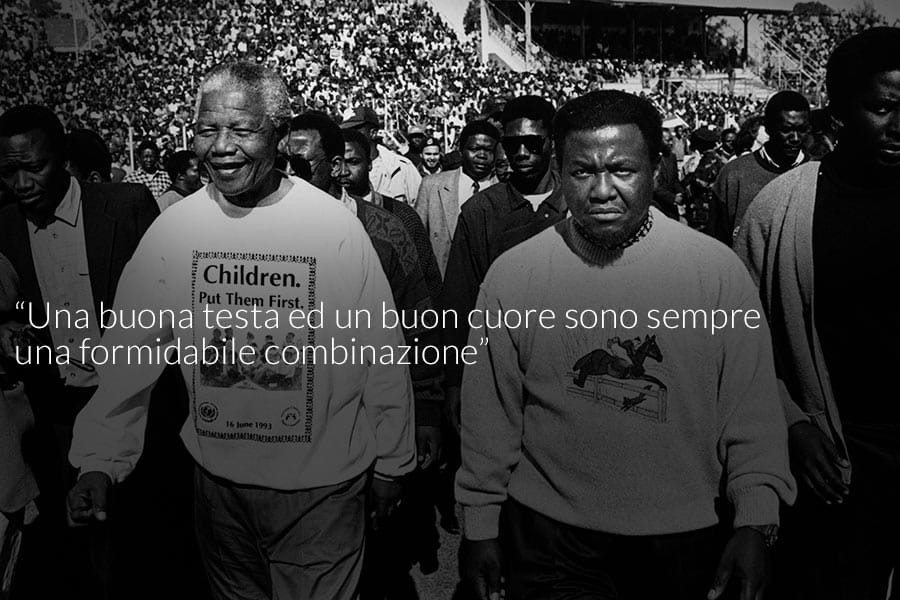
(A good head and a good heart are always a formidable combination)
This Commission aimed to shed light on the serious and widespread human rights violations during apartheid through an unprecedented model of justice based on listening to thousands of victims and granting amnesty to perpetrators of violence, conditional on full transparency about the crimes committed.
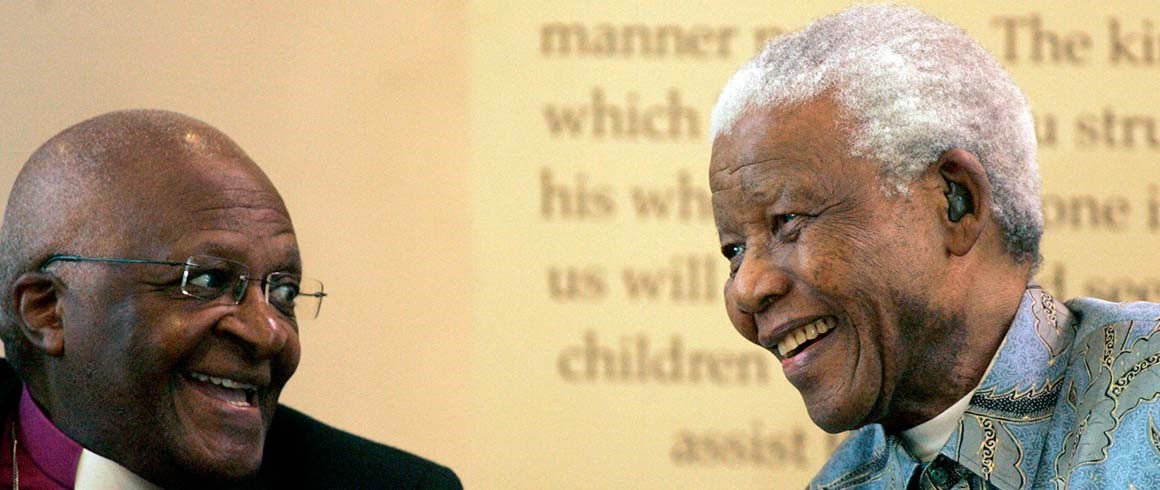
Overcoming collective violence and rebuilding social ties that respect diversity is a highly topical issue even for this indifferent world of ours, of walls and rejections….
.
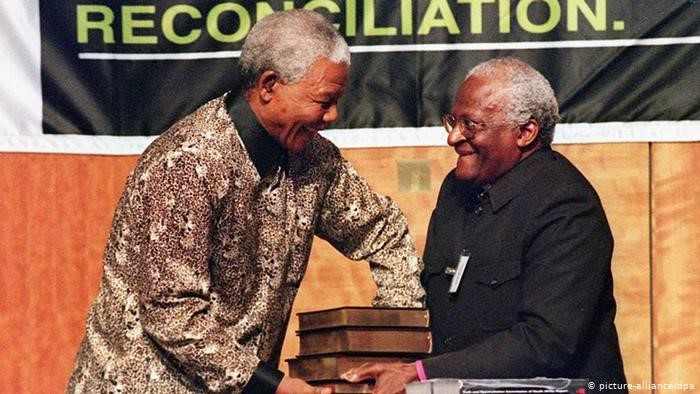
The Truth and Reconciliation Commission is an example of how a ‘political’ and ‘constituent’ idea of reconciliation can be intertwined with the religious meaning of forgiveness (multi-religious, in the case of South Africa).
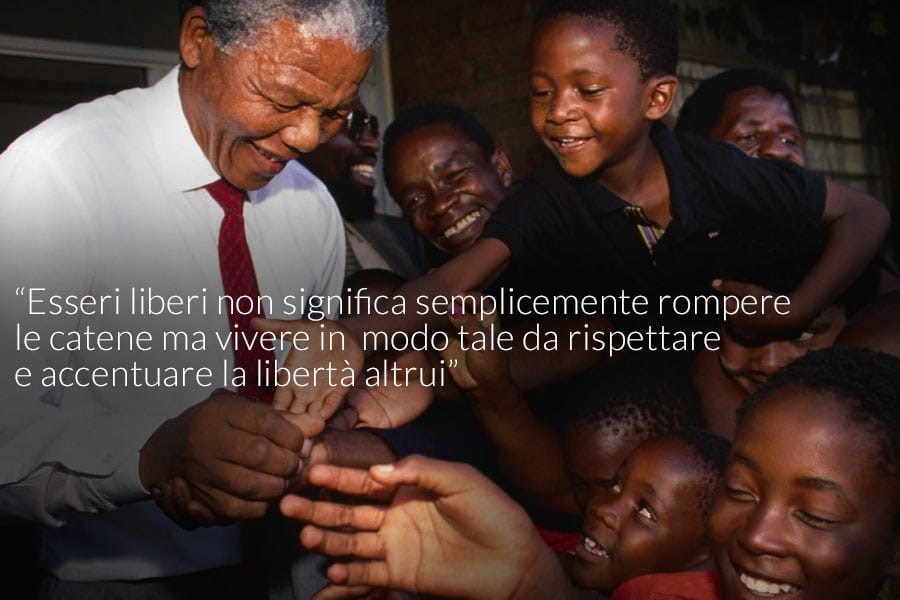
(“Being free does not simply mean breaking the chains but living in a way that respects and emphasises the freedom of others”)
“…Out of the experience of an extraordinary human disaster that has lasted far too long, must be born a society of which all humanity will be proud. Our daily actions as ordinary South Africans must produce an effective South African reality that strengthens humanity’s faith in justice, reinforces its confidence in the nobility of the human soul, and sustains all our hopes for a glorious life for all.” (from the Inaugural Address to the Presidency of South Africa, Pretoria, May 10, 1994)
